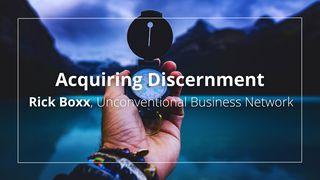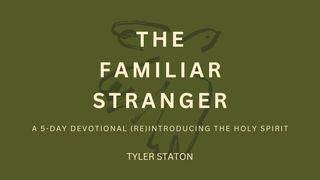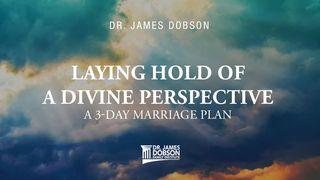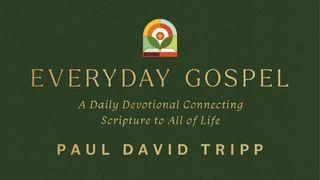Wisdom WorkoutSample

WISDOM IN COMMUNICATION
Communication is the key to building good relationships. Every relationship needs wise communication as it is the cornerstone of a good relationship. The Bible says that the tongue has the power of life and death which means that I can either build up or tear down a person just by the way I speak to them. I have found that the best method of wise communication is being slow to speak. Thinking before we speak can save us from many a relationship wreck.
Communication involves getting our message across. Period. There are four ways of communicating, namely:
1. Saying the right thing in the wrong way — makes for lost opportunities
2. Wrong thing in the right way — gets you perceived as a radical
3. Wrong thing in the wrong manner — plain foolishness
4. Right thing in the right way — pure wisdom
An inevitable part of communication is the hard task of conflict resolution. The key to successful conflict resolution is asking the right questions. Common questions that can be asked are “Why do you feel this way?” Or “What could I have done differently?” Or “What exactly happened?” Asking questions of the person offended helps in getting the facts straight and clearing motives and intents.
Right questions are the key to getting the right answers in order to work through conflict. Conflict resolution sometimes needs the silent treatment. This is especially hard when we are unfairly treated or unjustly accused. Silence in these situations is truly golden and adds to our composure while giving us time to prepare a well thought out response. Once we decide to respond though, we need to be firm and clearly express our point without beating around the bush.
It is better not to communicate than to be fake while communicating. Communicating well is about expressing and not about impressing. When you are fake in your communication, it will be seen through at some stage and will result in a loss of personal credibility. Someone once said, a single lie can negate a hundred truths that have been spoken. Most importantly choose to be consistent in the way you communicate. This bring me to two important points.
One, The power of Yes. I’ve seen many people across my career miss out on significant opportunities and stagnate only to regret later because they were closed to taking on new responsibilities – opportunities because they perceived it as a burden, extra work or the fear of doing something new. Say yes to things that align with your value system. Say yes to things that align with your priorities. Say yes if that opens up opportunities to learn new things. Say yes only if you want to and not merely because others want you to. Say yes when you are in a position or you have a clear plan to complete the task at hand and to complete it well. Don’t let fear prevent you from saying "yes."
Two, The Power of No. Saying No is the single most powerful tool in great communication in order to live a life of character, integrity and purpose. Many times we cave in to pressure to behave in a certain way or do a certain thing just to get the approval of friends and co-workers. But the Bible tells us that our “Yes” should be Yes and our “No” be no. The syndrome of peer pressure can debilitate us and keep us crippled from embracing the change that we may really need in our life. Wisdom is knowing when to say No and when to not say No. It's the difference between reaching our full potential or making a wrong choice which can cost us a lot.
Things to Consider:
1. Think of situations when you have spoken too soon or responded without thought. Make a detailed note of at least three such situations and also jot down what you would have rather said in those situations?
Scripture
About this Plan

This devotional is an in- depth view into wisdom and its immense benefits in your Christian life. Be it leadership, finding life's purpose, relationships, communication or developing good character, the pursuit and attaining of wisdom is imperative.
More
Related plans

Desperate Prayers for Hope in Hard Times

Acquiring Discernment

In Her Image: Character Study of the Proverbs 31 Woman

The Familiar Stranger

Holy Spirit - Breath of God

The Treasure I Married: A 3-Day Marriage Plan

Laying Hold of a Divine Perspective: A 3-Day Marriage Plan

Esther’s Legacy: Embracing Your Role in God’s Sovereign Plan

Sound of Heaven: A 6-Day Devotional by Danny Gokey
